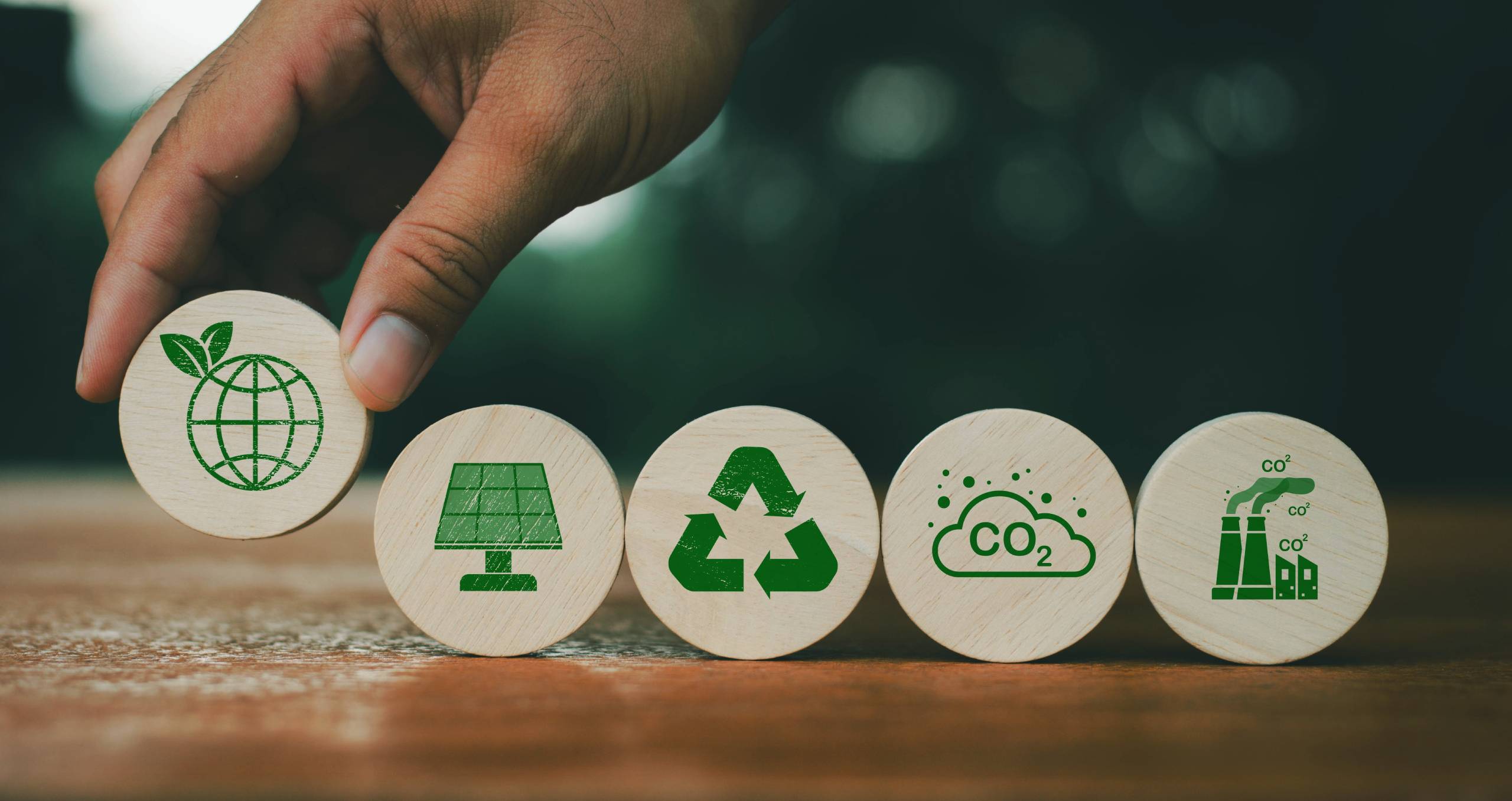When we think of marketing, we quickly associate it with sales, advertising or economic growth. But it goes far beyond that. Marketing is a force that influences our habits, drives decisions and shapes behaviour. And precisely because of this, it has enormous potential to become a strategic ally towards a more sustainable future.
Although traditionally associated with consumption and strategy, marketing is also capable of transforming perceptions, opening the consumer’s mind and sowing ideas that blossom into conscious action. That is why its role is key in this transition towards more responsible models.
What do consumers think?
Today, the general perception of sustainable products is not entirely positive: 70% of people consider them expensive. However, this view is not always in line with reality. It is true that some may have a higher initial cost, but in the long run they are more cost-effective because of their efficiency and lower environmental impact.
This is where marketing comes in. According to 88% of industry professionals, brands must take responsibility for guiding people towards more sustainable lifestyles. They are, in fact, a driver of change. So much so that 66% of marketers believe that companies must lead the way in addressing climate challenges.
More and more brands are transforming themselves, adopting a greener and more sustainable philosophy, and consumers are noticing: 48% have stopped buying from companies that do not follow a consistent environmental ethic.
What can marketing do to be part of the change?
As a bridge between brands and people, marketing has the ability to shape perceptions and behaviours. To become an active part of the solution, it must respond to today’s needs without compromising those of tomorrow. This means committing to more conscious and sustainable consumption.
Among the most effective actions are:
- Promote responsible consumption: marketing can redefine perceived value and educate consumers to make choices that are more aligned with the well-being of the planet.
- Promote transparency: today more than ever, brands that not only preach, but also demonstrate their environmental commitment are valued. Communicating clearly is key to building trust, without falling into empty promises or greenwashing.
- Make sustainable alternatives desirable: in many cases the sustainable alternative requires a change of habit. The marketing challenge is to make them attractive, to show their value without impositions.
- Foster conscious communities: Consumers don’t just buy products, they also seek purpose. Through content, events and partnerships, marketing can help build communities aligned with sustainable values.
- Measure with new indicators: beyond the classic KPIs, it is essential to evaluate the real impact: reduction of emissions, use of recycled materials or changes in consumer behaviour.
Marketing as an agent of transformation
It’s not about not selling, it’s about selling with intention and purpose. It’s about creating campaigns that connect, inspire and raise awareness. Because marketing not only reflects reality, it also has the power to transform it.
The challenge is immense, but so is the opportunity. It’s time for creatives, agencies, brands and professionals to step up and use their influence not just to drive sales, but to help build a better world.




